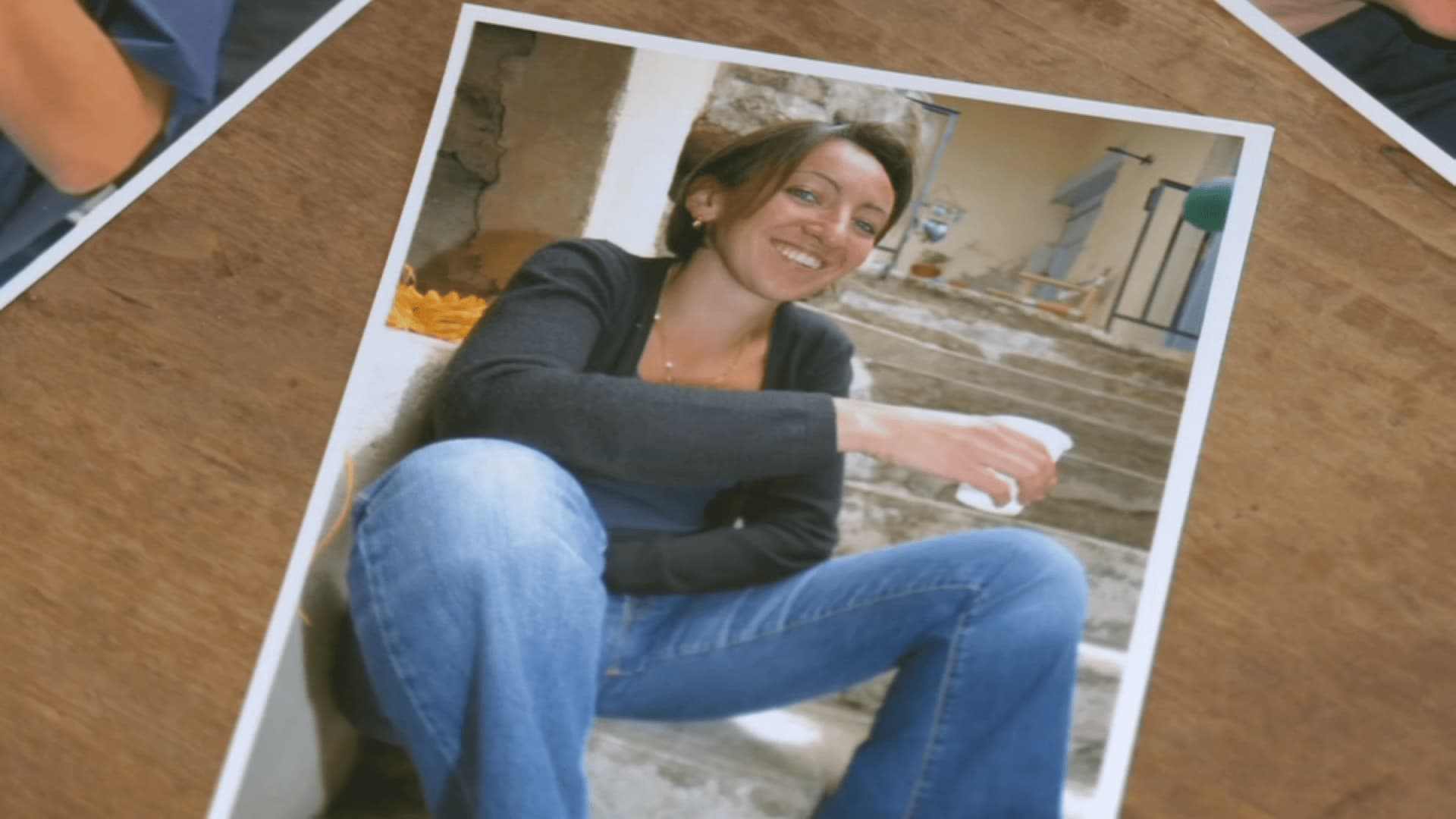July 1 Brings Stricter Smoking Regulations and Enhanced Worker Safety Measures
Legal Reckoning for La Rochelle Driver After Fatal Collision with Young Cyclists
PSG Honors David Beckham in Heartwarming Tribute Match Against Inter Miami
Montreuil Murder Mystery: Octogenarian Discovered with Fatal Skewer Wound
Air Traffic Controllers' Strike Disrupts Flights Across France
French State Faces Legal Action Over Nathalie Debaillie's Femicide

Six years after the tragic femicide of Nathalie Debaillie, the French State finds itself in the dock, accused of 'grave fault' for failing to protect her from her ex-partner. The hearing, which took place on Wednesday, May 7, at the Paris Judicial Court, marks a pivotal moment in the family's quest for justice and systemic change. Nathalie's children and brothers argue that the authorities' inaction directly contributed to her death, despite her repeated attempts to seek help.
The case sheds light on the systemic failures within the French police and judicial system in handling domestic violence cases. Nathalie had visited the police station four times to file complaints and reports, none of which were properly registered or acted upon. Her family's lawyer, Isabelle Steyer, emphasized that Nathalie's death could have been prevented had the State fulfilled its duty to protect her. The State's judicial agent acknowledged the 'grave fault' of the police services during the hearing, a rare admission in cases of femicide.
The brutal nature of Nathalie's murder, involving abduction and premeditation, has sparked outrage and calls for accountability beyond the conviction of her ex-partner, Jérôme Tonneau, to 30 years in prison. The family's legal battle against the State is not just about seeking financial reparations but about forcing a reckoning with the systemic issues that leave many women vulnerable to violence. Nicolas Debaillie, Nathalie's brother, has been vocal about the need for public apologies and acknowledgment of the State's failures as a step towards healing and prevention.
This case has become emblematic of the broader challenges in combating domestic violence in France. With only minimal sanctions imposed on the officers involved in Nathalie's case, the family's fight underscores the urgent need for systemic reforms to ensure that the State's protection mechanisms are robust and responsive. As the legal proceedings continue, the outcome could set a precedent for how France addresses its obligations to protect victims of domestic violence and hold itself accountable for its failures.